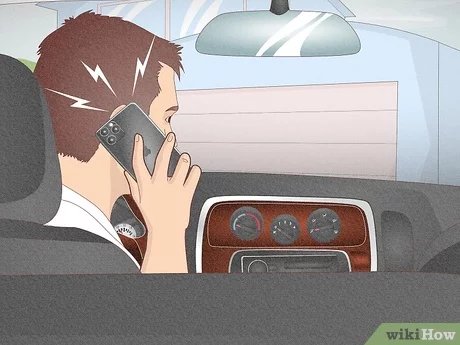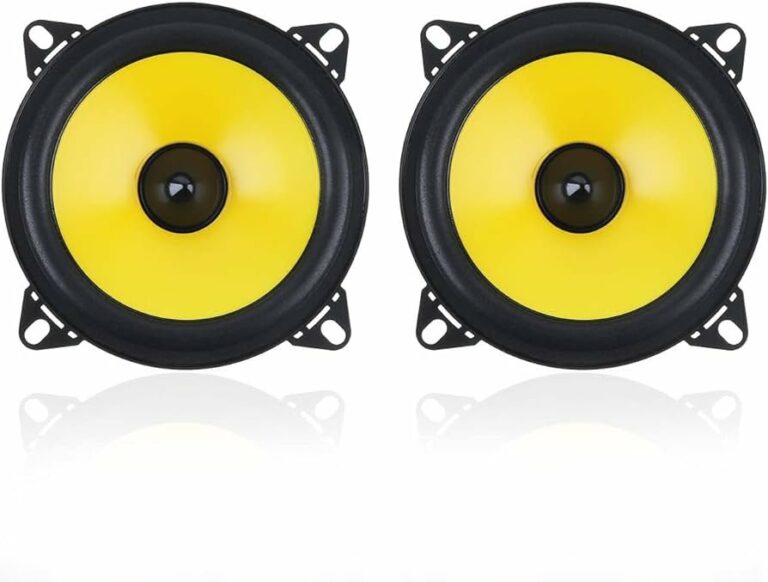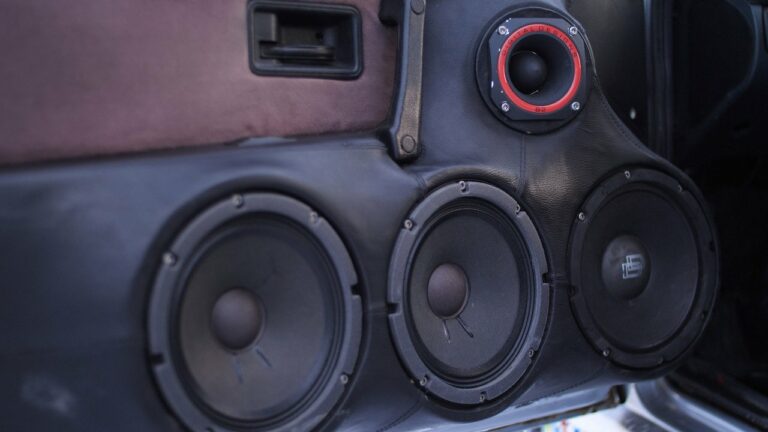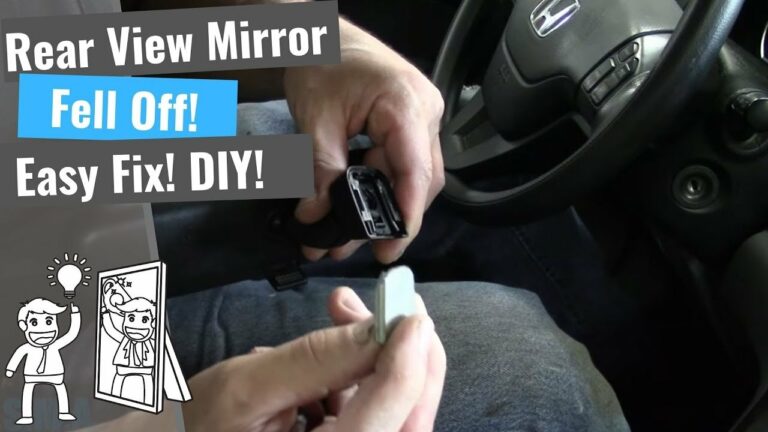How to Check If Your Car Is Bugged
Have you ever wondered if your car is bugged? It’s a daunting thought, but with the rise in surveillance technology, it’s essential to know how to protect your privacy. In this article, we’ll walk you through some simple steps to check if your car has been compromised. By following our guidance, you’ll gain peace of mind knowing that you have the necessary tools to safeguard your personal information and ensure your vehicle is secure. So, let’s delve into the world of counter-surveillance and learn how to check if your car is bugged.
How to Check If Your Car Is Bugged:
Whether you are a high-profile individual, a business executive, or simply concerned about your privacy, it is important to be aware of the possibility that your car may be bugged. With advancements in technology, hidden listening devices and tracking devices have become more sophisticated and easier to install. In this article, we will discuss various methods and techniques to check if your car is bugged, ensuring your privacy and peace of mind.
1. Visual Inspection
One of the first steps in checking if your car is bugged is to visually inspect the interior and exterior of your vehicle. Look for any unusual or unfamiliar objects that may indicate the presence of hidden devices. Pay close attention to the following areas:
- Under the Dashboard: Check for any loose wires, unfamiliar devices, or modifications.
- In the Trunk: Look for any hidden compartments or objects that seem out of place.
- Underneath the Car: Inspect the undercarriage for any magnetic tracking devices or unusual attachments.
- Inside the Vehicle: Check the seats, dashboard, and other areas for any signs of tampering or hidden devices.
2. Electronic Sweeping
2.1 Hire a Professional
If you suspect that your car may be bugged but lack the expertise or equipment to conduct a thorough sweep, consider hiring a professional bug-sweeping service. These experts are equipped with specialized tools and knowledge to detect hidden devices.
2.2 Use a Bug Detector
Bug detectors are portable electronic devices designed to detect radio frequencies emitted by listening devices. These detectors can help you identify hidden bugs within your car. When using a bug detector:
- Start with Radio Frequencies: Set the bug detector to scan for radio frequencies commonly used by bugs, such as 1.2 to 2.4 GHz.
- Move Methodically: Conduct a thorough sweep of your vehicle, starting from the exterior and moving towards the interior.
- Pay Attention to Signal Strength: The bug detector will indicate the strength of the signal, helping you pinpoint the source of the bug.
- Check Common Hiding Spots: Focus on areas where bugs are commonly hidden, such as the dashboard, seats, and trunk.
3. Unusual Noises or Interference
Sometimes, bugging devices can emit unusual noises or cause interference with your car’s electronic systems. Pay close attention to any abnormal sounds or behavior that may indicate the presence of hidden bugs. Signs to watch out for include:
- Clicking or Popping Sounds: If you hear strange clicking or popping sounds coming from your car’s speakers, it could be a sign of a hidden listening device.
- Interference with Electronics: Notice if your radio, GPS navigation system, or other electronic devices experience sudden interference or malfunctions when you are near the vehicle.
- Unexpected Battery Drain: If your car battery drains faster than usual, it could be due to a hidden tracking device drawing power.
4. GPS Tracking Detection
GPS tracking devices are commonly used to monitor the location of vehicles. To check if your car has been fitted with a GPS tracker, consider the following steps:
- Review Your Vehicle’s History: Look for any suspicious activities or unauthorized access to your car’s GPS system by checking its history.
- Inspect the Exterior: Conduct a visual inspection of your car’s exterior for any unfamiliar or out-of-place objects that may indicate the presence of a GPS tracker.
- Consult a Professional: If you suspect a GPS tracker but are unable to locate it yourself, seek the assistance of a professional to conduct a detailed sweep of your vehicle.
5. Seek Professional Assistance
If you have strong suspicions that your car is bugged but are unable to find any evidence using the methods mentioned above, it may be prudent to seek professional assistance. Bug-sweeping experts, private investigators, or security consultants have the experience and equipment to conduct a thorough inspection of your car, ensuring any bugs are detected and removed.
Maintaining your privacy and security is crucial in today’s technologically advanced world. Being aware of the possibility of your car being bugged and knowing how to check for hidden devices is an essential skill. By following the steps outlined in this article, you can take proactive measures to protect your privacy and ensure peace of mind when it comes to your vehicle.
How To Detect Hidden GPS Trackers On Any Vehicle
Faqs for How to Check If Your Car Is Bugged:
Some common signs that indicate your car might be bugged include unusual background noise, unexplained battery drain, interference with electronic systems, suspicious behavior from your car keys, and unexpected or unauthorized changes in your vehicle’s settings.
Yes, you can use bug detectors to search for listening devices in your car. Bug detectors can detect radio frequency signals emitted by bugs and help you identify potential hidden listening devices.
Yes, there are professional services that specialize in bug sweeps and can check your car for listening devices. These professionals use specialized equipment and techniques to thoroughly inspect your vehicle for any potential bugs.
If you suspect your car is bugged, it is important to take appropriate steps to protect your privacy. You should contact a professional bug sweeping service to conduct a thorough inspection of your vehicle. Additionally, you may want to consider changing your vehicle’s locks and electronic access codes.
Yes, you can detect GPS tracking devices in your car by using GPS detectors. These devices can identify the presence of GPS tracking signals and help you locate any hidden tracking devices that might have been installed without your knowledge.
Yes, in most jurisdictions, it is illegal for someone to bug your car without your consent. You should consult local laws or seek legal advice if you believe your car has been bugged without your permission.
Final Thoughts
To ensure your car is free from any potential bugging devices, follow these simple steps. Firstly, conduct a thorough visual inspection of your vehicle, paying close attention to any unusual or suspicious objects. Next, listen for any unfamiliar noises or disturbances while driving. Additionally, employ a bug detector to scan for any electronic signals that may indicate the presence of surveillance devices. Taking these precautions will give you peace of mind and enable you to protect your privacy. Remember, regularly checking if your car is bugged is crucial for maintaining your security on the road.






